‘Authenticity is looking into the soul of a place’
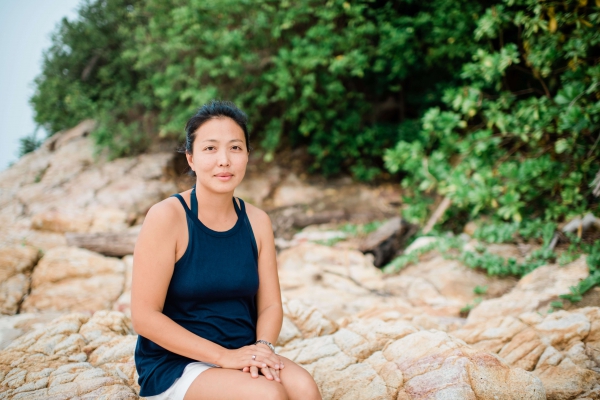
Cher Chua-Lassalvy is co-founder of Batu Batu, a private island resort that funds a conservation non-profit to research and protect marine biodiversity.

Cher Chua-Lassalvy is co-founder of Batu Batu, a private island resort that funds a conservation non-profit to research and protect marine biodiversity.
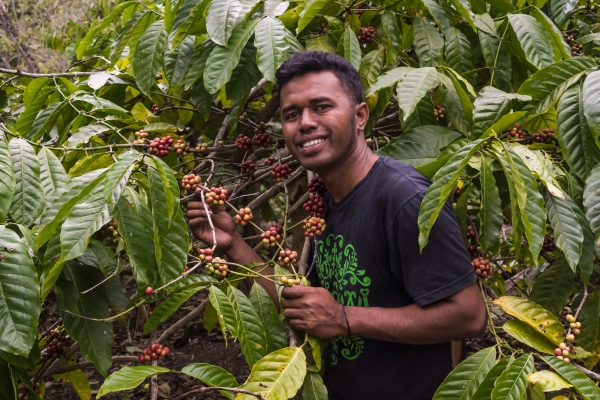
RMC Detusoko is a collective developing new opportunities to promote Lio heritage and agriculture. Through their travel venture, Decotourism, travellers can immerse themselves in the daily lives of the Lio community.
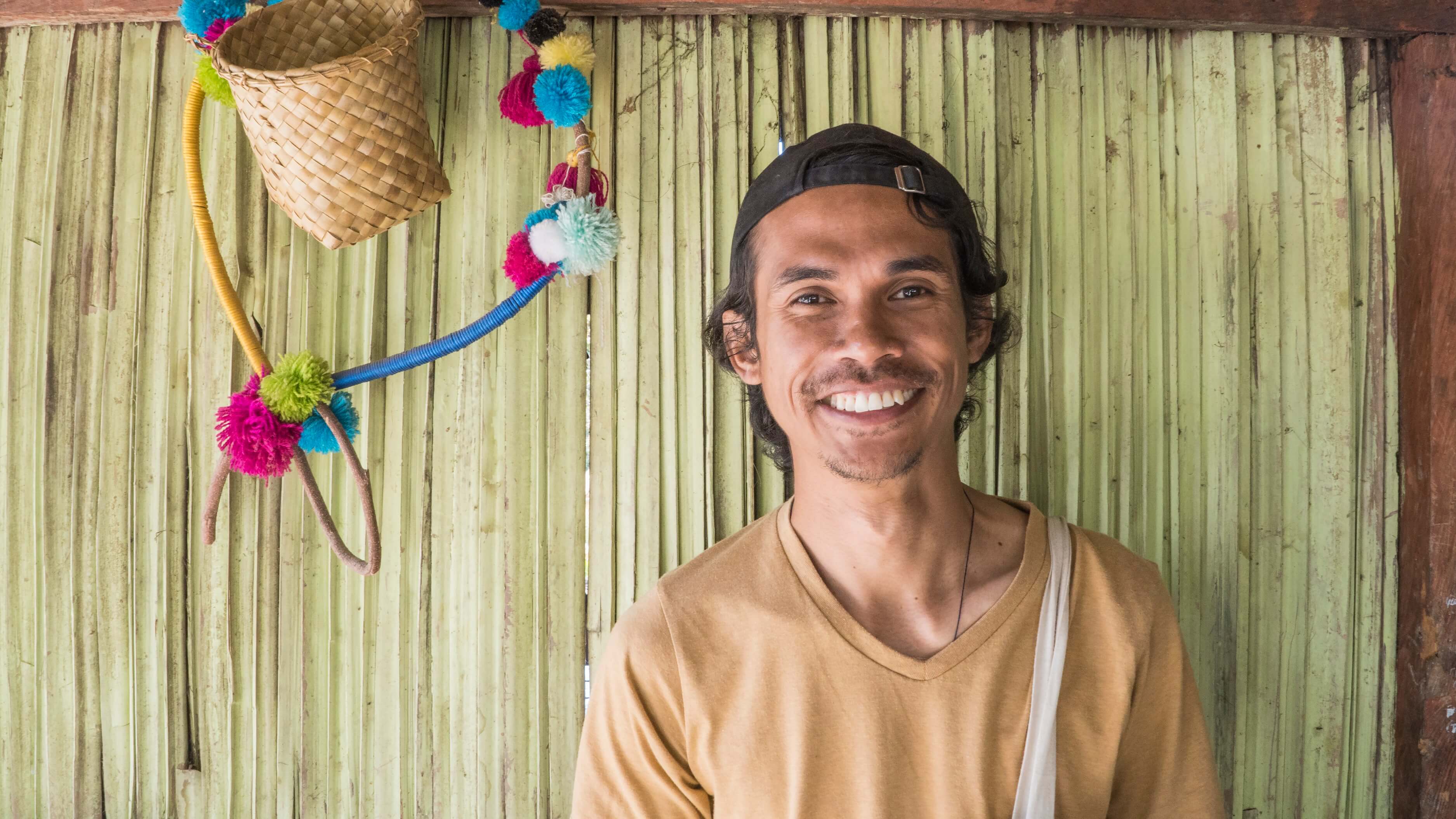
Based in Taiftob, Lakoat.Kujawas is a social enterprise that archives the cultural knowledge of Mollo Timorese through literacy, creative arts and culinary innovation.
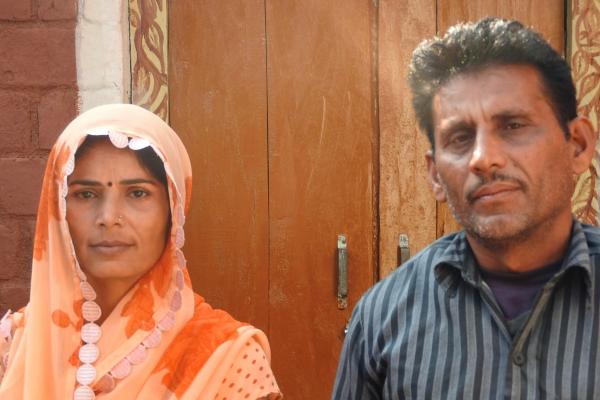
Friends of Orchha is a social enterprise that works with local families to open their homes to travellers, to create more sustainable livelihoods.
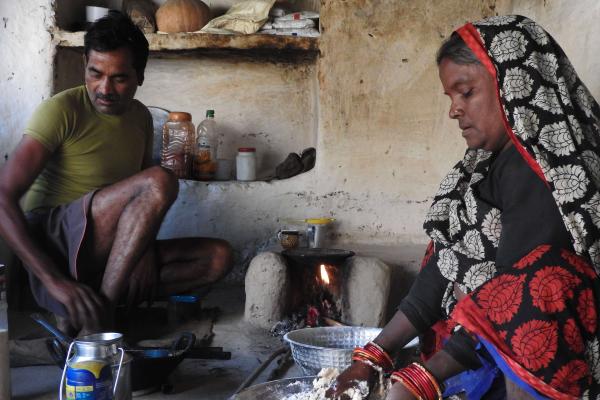
Friends of Orchha is a social enterprise that works with local families to open their homes to travellers, to create more sustainable livelihoods. Founded in 2009, it now has a network of six host families, who earn additional income to supplement their livelihoods from traditional subsistence farming.
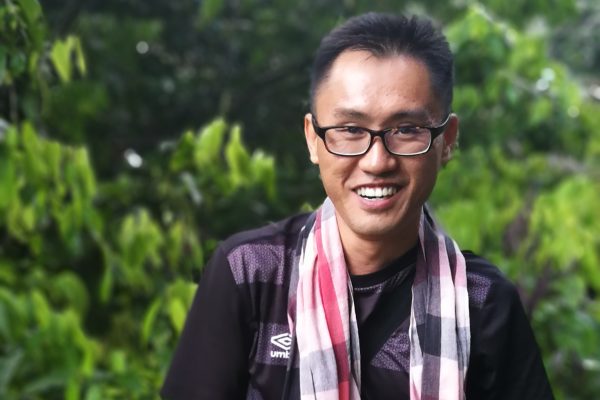
Nature Inspired is an eco-tourism agency that offers sustainable and community-led adventures in Malaysia and Indonesia.
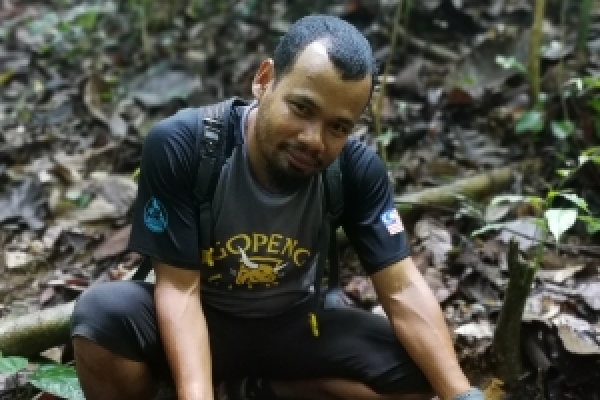
SEMAI is a community organisation in Ulu Geroh, Perak, which promotes sustainable ecotourism and nature awareness.
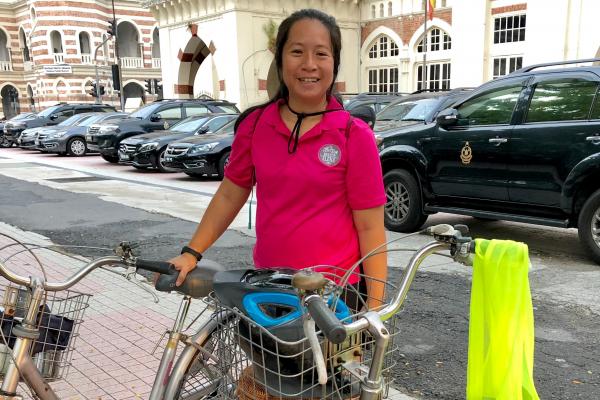
Bike with Elena is an eco-friendly way to explore Kuala Lumpur’s historic and cultural gems, founded by an avid cyclist who is championing for a more bike-friendly KL. Part of the tour proceeds go towards the conservation of a 100-year-old Kampung Baru home.
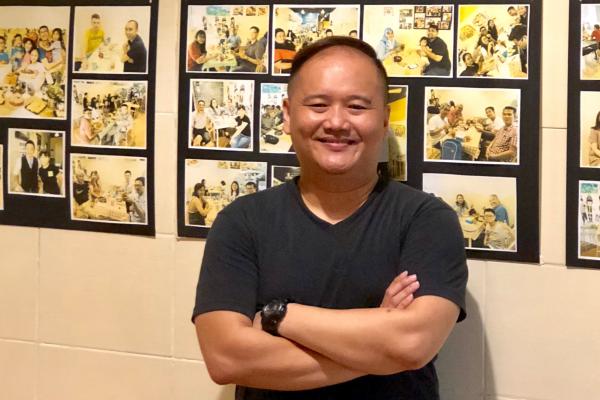
Charlie’s Cafe dishes up Malaysian favourites like nasi lemak and Sarawak laksa with heart — diners can pay it forward by buying a dining voucher, which are displayed on a wall within easy reach for anyone in need of a proper meal. The cafe also hires ex-offenders to help them make a fresh start.
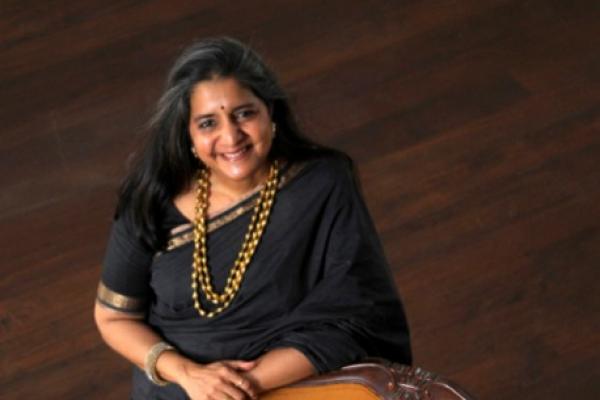
ARTISANS’ is an exhibition space and store that seeks to empower artisans from various parts of India, by showcasing and selling their creations. In doing so, it seeks to keep unique local traditions and crafts alive.